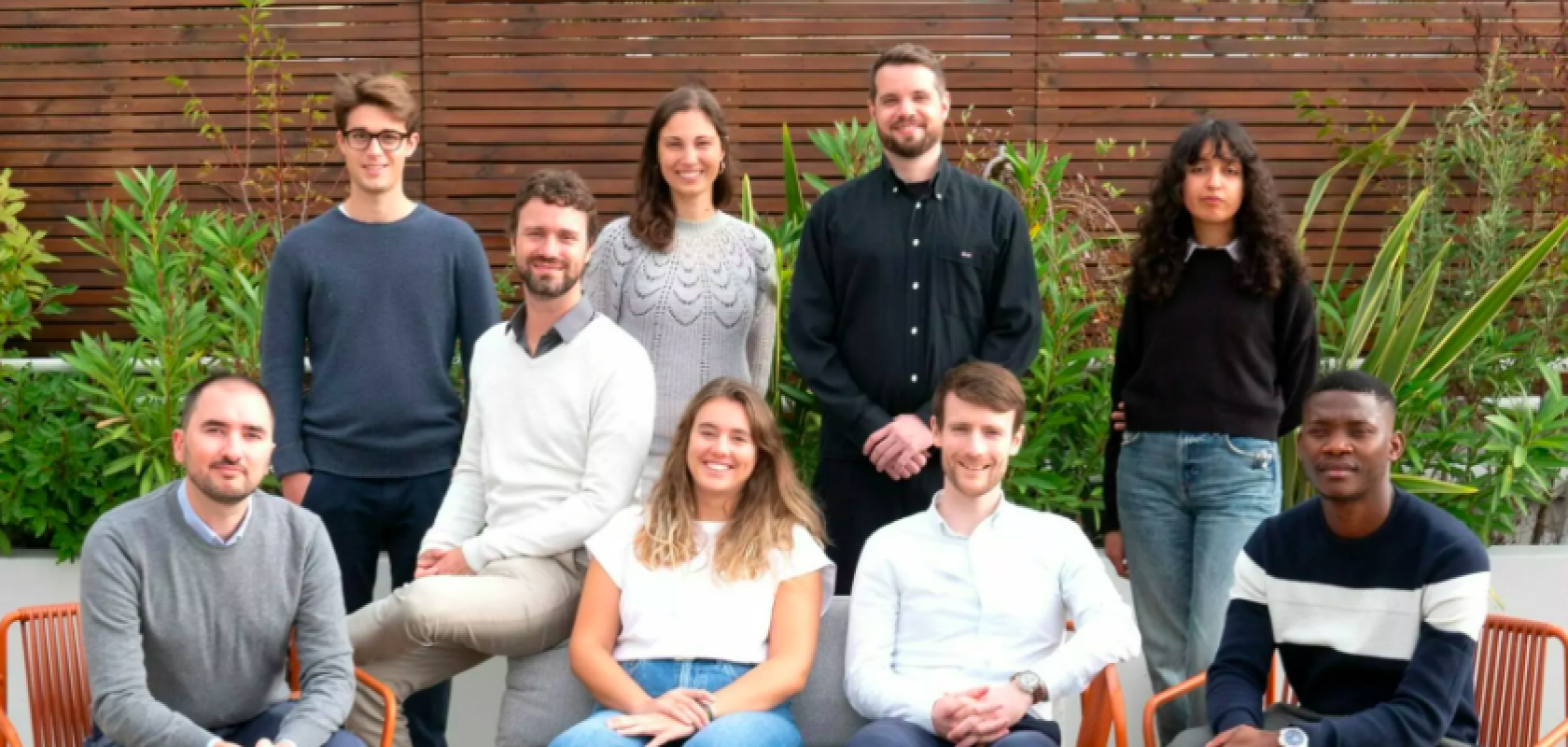InSpek, a Paris-based startup offering real-time monitoring and photonic sensing solutions, has announced a €3.5 million seed funding round, helping to drive the commercialisation of its Raman-onchip spectroscopy sensor technology.
The seed round was co-led by Breega and Wind Capital, and also backed by venture capital fund Quantonation. The funding was rounded off by a €2.5 million Accelerator grant from the European Innovation Council (EIC).
The EIC support comes after InSpek was selected as part of the first stage of the EIC's Accelerator 2024 programme, which aims to help the most promising European startups bring radical, disruptive innovations to market.
Accelerating the commercialisation of real-time monitoring technology
InSpek intends to use the funds to commercialise its raman-onchip spectroscopy sensor, targeting multiple biomanufacturing industries, such as pharmaceuticals, biofuels, and sustainable manufacturing.
InSpek’s technology focuses on providing real-time, high-precision monitoring for bioprocesses – specific processes that use living cells or their components to produce the desired product. For industries across biomanufacturing, bioprocesses are integral to creating everything from drugs to biodegradable plastics.
Using the technology, industries may gain better insight into the process of dynamics by monitoring vital parameters, such as cell growth, nutrient levels, and metabolic activity. Users can then make immediate adjustments as needed.
François Paulus, co-founder at Breega, stated: “What excites us the most about InSpek is the transformative impact this technology will have. Their real-time, high-precision monitoring is a true game-changer: allowing engineers to make critical adjustments in the moment, reducing failures, and unlocking new possibilities for scaling bioprocesses.”
Such an option is regarded as an improvement on traditional monitoring solutions, such as offline sampling and batch testing, which are often too slow and imprecise to meet the demands of modern bioprocessing. Requiring manual intervention and the provision of data, these existing approaches can lead to significant time delays, meaning that key insights can be missed.
Discussing the monitoring technology, Jérôme Michon, CEO and co-founder of InSpek, said: “This approach not only reduces costly delays and failures but also opens the door to new methods for optimising production across all scales. InSpek’s goal is to deliver the visibility and precision required to make this a reality.”
Harnessing the power of PICs
InSpek’s real-time monitoring is underpinned by its proprietary photonic technology, which is built on novel photonic integrated circuits (PICs). It is the precision and sensitivity that help for detecting critical molecular-level changes in bioprocess conditions, as well as controlling the biomanufacturing process – thereby helping to reduce waste and optimise performance.
Ivan-Lazar Bundalo, InSpek’s CTO and co-founder, explained: “PICs allow for the miniaturisation of complex optical systems onto a single chip, offering numerous unprecedented advantages over traditional sensor technologies. PICs achieve such a high degree of miniaturisation that they enable the close integration of not just one, but multiple sensors onto a single, miniature chip. This technology is robust and scalable, and it allows for precise, multi-parameter monitoring even in the most space-constrained industrial environments.”
The high energy-efficiency characteristics of PICs make them suitable for reducing operational costs of continuous monitoring, while their ability to operate in harsh environments makes them ideal for biopharmaceuticals, industrial biotech, and food production applications.
Reflecting on the seed round backing, Will Zeng, partner at Quantonation, added: “We are thrilled to welcome Breega and Wind as we reinvest to support InSpek as they commercialise. They’ve developed critical technology underlying the future of biomanufacturing.”


